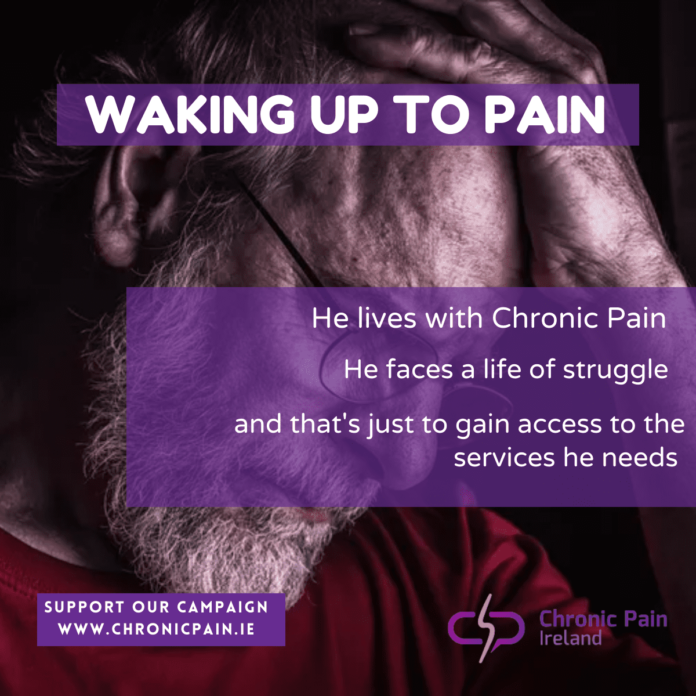In today’s fast-paced work environment, chronic pain is a silent but significant barrier that affects millions of individuals in their professional lives. From backaches to migraines, chronic pain can impair concentration, limit mobility, and diminish productivity, posing challenges that extend far beyond physical discomfort. In this blog, we explore the often-overlooked ways in which chronic pain can impact your office life and offer strategies for managing its effects to thrive in the workplace.
The Toll of Chronic Pain:
Reduced Productivity: Chronic pain can significantly impair productivity in the workplace. Difficulty focusing, frequent breaks to manage pain, and decreased energy levels all contribute to diminished output and performance. This can lead to missed deadlines, incomplete tasks, and heightened stress levels for both employees and employers.
Impaired Concentration: Persistent pain can disrupt cognitive function, making it challenging to concentrate on tasks, retain information, and make decisions. The constant distraction of pain signals can detract from the ability to focus, leading to errors, oversights, and decreased overall efficiency.
Limited Mobility: Certain types of chronic pain, such as back pain or joint pain, can restrict mobility and make it difficult to perform essential job duties. Simple tasks like sitting at a desk, standing for extended periods, or lifting objects may become painful or even impossible, further exacerbating the challenges of maintaining productivity in the office.
Emotional Impact: Chronic pain takes a toll not only on the body but also on emotional well-being. The constant struggle with pain can lead to feelings of frustration, irritability, and mood swings, affecting interpersonal relationships and overall job satisfaction. Anxiety and depression may also accompany chronic pain, further complicating the ability to function effectively in the workplace.
Strategies for Managing Chronic Pain in the Office:
Ergonomic Adjustments: Make ergonomic adjustments to your workspace to alleviate strain on your body and reduce the risk of exacerbating pain. Invest in an ergonomic chair, adjust desk height, and use supportive cushions or pillows as needed to promote proper posture and comfort.
Regular Movement Breaks: Incorporate regular movement breaks into your workday to prevent stiffness and improve circulation. Stretching exercises, short walks, or brief periods of gentle movement can help alleviate tension and reduce pain associated with prolonged sitting or standing.
Pain Management Techniques: Explore pain management techniques to alleviate discomfort and improve function while at work. This may include heat or cold therapy, over-the-counter pain relievers, relaxation techniques, or mindfulness practices to help manage stress and reduce pain intensity.
Open Communication: Maintain open communication with your employer or supervisor about your chronic pain condition and any accommodations or support you may need in the workplace. Discuss flexible work arrangements, such as modified hours or remote work options, to better manage your pain while fulfilling job responsibilities.
Seek Professional Help: Consult with healthcare professionals, such as pain management specialists or physical therapists, to develop a comprehensive treatment plan tailored to your specific needs. Explore therapeutic interventions, medication options, and lifestyle modifications to effectively manage your chronic pain and improve your ability to function in the office.
Conclusion:
Chronic pain is a multifaceted challenge that can significantly impact your office life, affecting productivity, concentration, mobility, and emotional well-being. By recognizing the ways in which chronic pain interferes with work performance and implementing strategies for managing its effects, individuals can better navigate the demands of the workplace and maintain a fulfilling professional life. Remember, you are not alone in your struggle with chronic pain, and with the right support and resources, you can overcome its barriers and thrive in your career.


